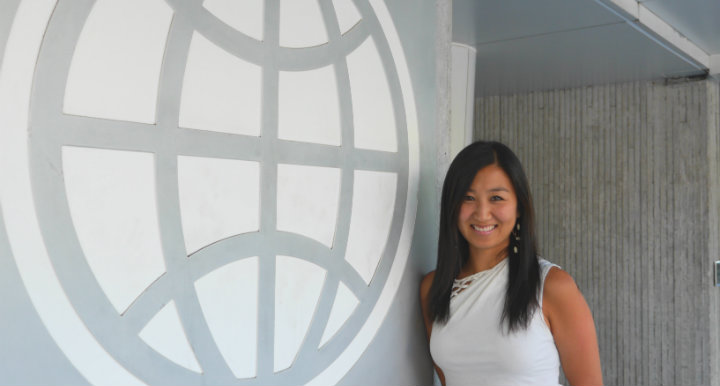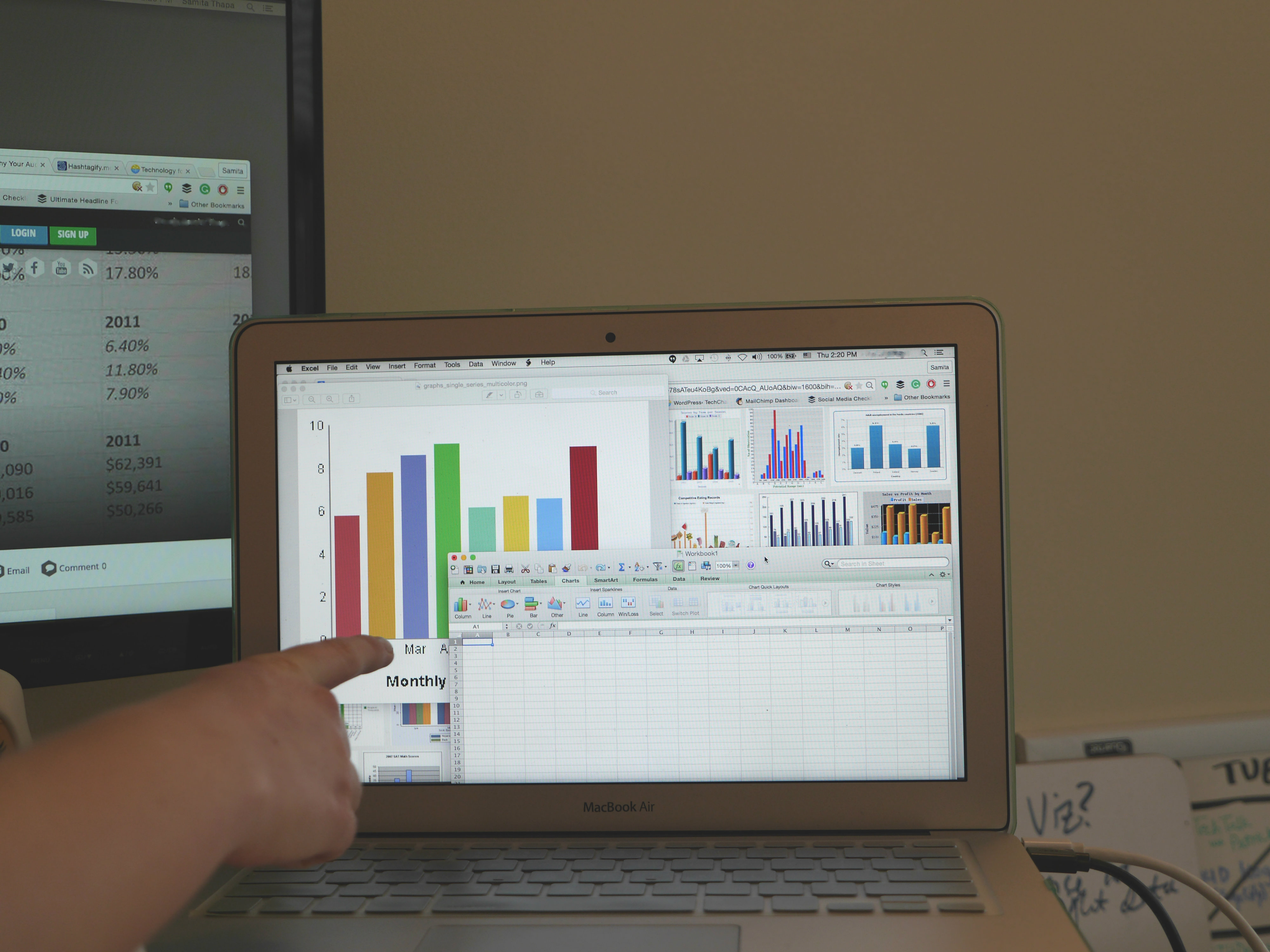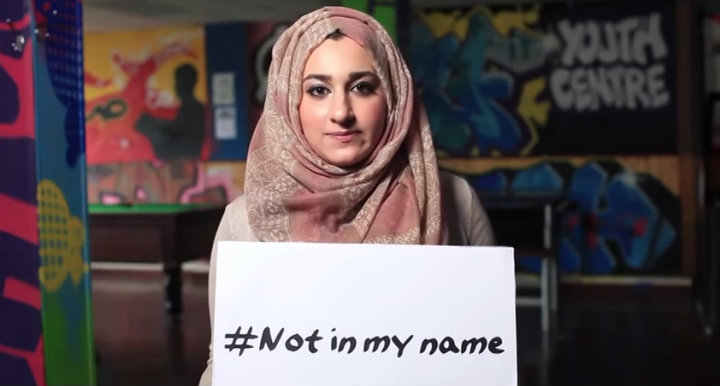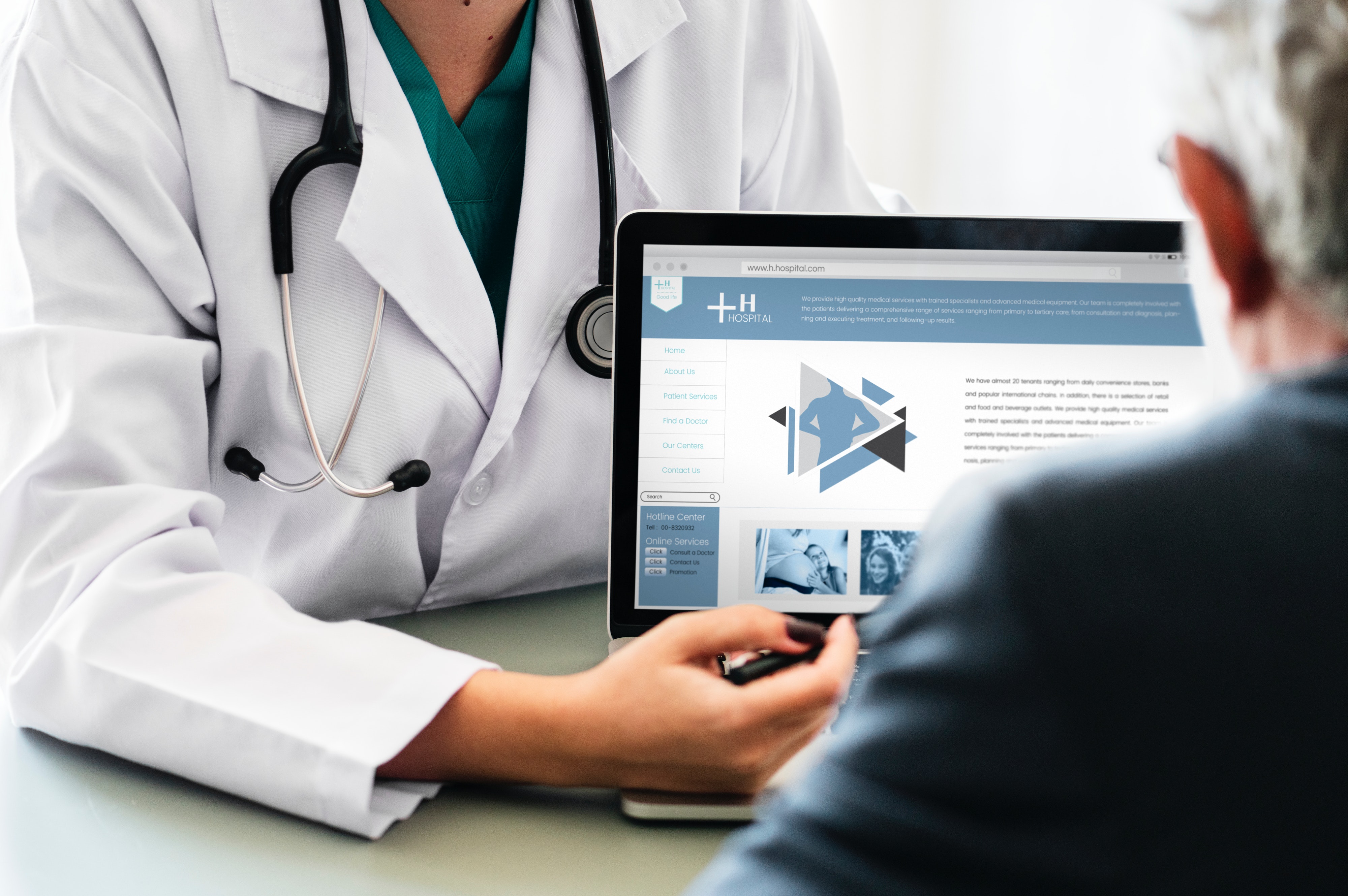Meet Carolyn Florey, this week’s featured TechChange alumna who we interviewed this week in her office at the World Bank. A serial TechChange participant of over five courses to date, Carolyn started taking TechChange courses in 2011 to supplement her Master’s program at Johns Hopkins SAIS, and has since been coming back for more continuing education in her ICT4D career.
Read Carolyn’s story below:
What interested you in taking TechChange courses? As a graduate student of International Development at Johns Hopkins SAIS, I wanted to focus on tech innovation in developing countries. I had taken a course at SAIS on the Politics of Humanitarian Aid that touched a bit on the use of technology for crisis mapping and disaster relief and wanted to learn more. I enrolled in TechChange’s TC103: Tech Tools and Skills for Emergency Management and was hooked. From there, I crafted an independent study around the format and content of TechChange courses.
What did you find useful from TechChange courses that keeps you coming back? Based on my experience taking TechChange courses in Mobiles in Development, mHealth, mData, mAccess, and Digital Organizing and Open Government, I continue taking TechChange courses for professional development and networking in my industry. Here’s why:
-
TechChange is at the pulse of ICT4D. TechChange is great at weaving together the application of technology across sectors and industries. You always need to keep up with what’s happening, especially in this field. They’re always updating the syllabi to share the latest industry information and inviting the most relevant industry experts as guest speakers. I found that TechChange always offered courses with both breadth and depth. For example, TC105: Mobiles in International Development was a good introduction for cross-sector applications of different mobile tools, while TC309 on mHealth let me narrow my focus to relevant topics for my daily work in the Global Health Bureau at USAID.
-
Course format and flexibility. In graduate school, I was working 30 hours a week and going to school full time with a five-course workload, so I needed the flexibility that TechChange gave to supplement my curriculum at SAIS. In my independent study, TechChange courses were helpful resources when I wrote papers and organized events for the SAIS Careers in Development club. The format and content is convenient to access as live events are recorded and archived, and course materials are available even 4 months after a course ends.
-
Learning industry lingo and key players. One valuable take away from TechChange courses is learning key terms and industry influencers to build and demonstrate expertise in ICT4D. For example, the mHealth content I was exposed to in TC105 came through in my interview for my former role at USAID, and I think ultimately helped me get the job.
What impact has TC105 had on you and your career? TechChange is part of my regular continuing education to stay up-to-date with the most relevant information on the ICT4D industry. I’ve also made some very meaningful connections through my TechChange courses. At this point in my career, TechChange has evolved for me to become a valuable networking tool. One example of this was the TechChange happy hour during the mHealth Summit in Washington, DC last December that brought together participants of the mHealth TC309 course and attendees of the Summit.
What advice would you give to students taking TC105 or any TC course?
-
Make attending live events a priority. Look at the live event discussions as part of your continuing education. Rarely will you get an hour of access to these industry experts.
-
Focus on what you’re most interested in. If you’re juggling work, a TechChange course, and sometimes other courses as well, all the information can get overwhelming. Make sure to review the TechChange course syllabus ahead of time and focus on the things you’re interested in, prioritizing one week’s content over another if necessary.
-
Read through other participants’ comments and questions. Often, other participants will have experience you don’t, so they’ll have some informed questions and insightful comments.
About Carolyn Florey
Carolyn Florey is an Operations Officer at the World Bank Institute’s Innovation Labs. Prior to joining WBI, Carolyn worked as a Private Sector Partnerships Specialist at USAID, focusing on mobile technology and health partnerships. She has worked in the ICT for development space for the past few years at organizations such as Jhpiego, NetHope, the Federal Communications Commission, and Earth Institute across sectors including mHealth, mobile money, women’s access and eAgriculture. She also worked at the Inter-American Development Bank, World Bank’s Development Marketplace, a women’s health NGO in Delhi (Breakthrough), and as a Fulbright grantee in South Korea. She has an MA in International Development from the Johns Hopkins School of Advanced International Studies and a BA from Tufts University. You can find Carolyn on Twitter @carolynflorey.




